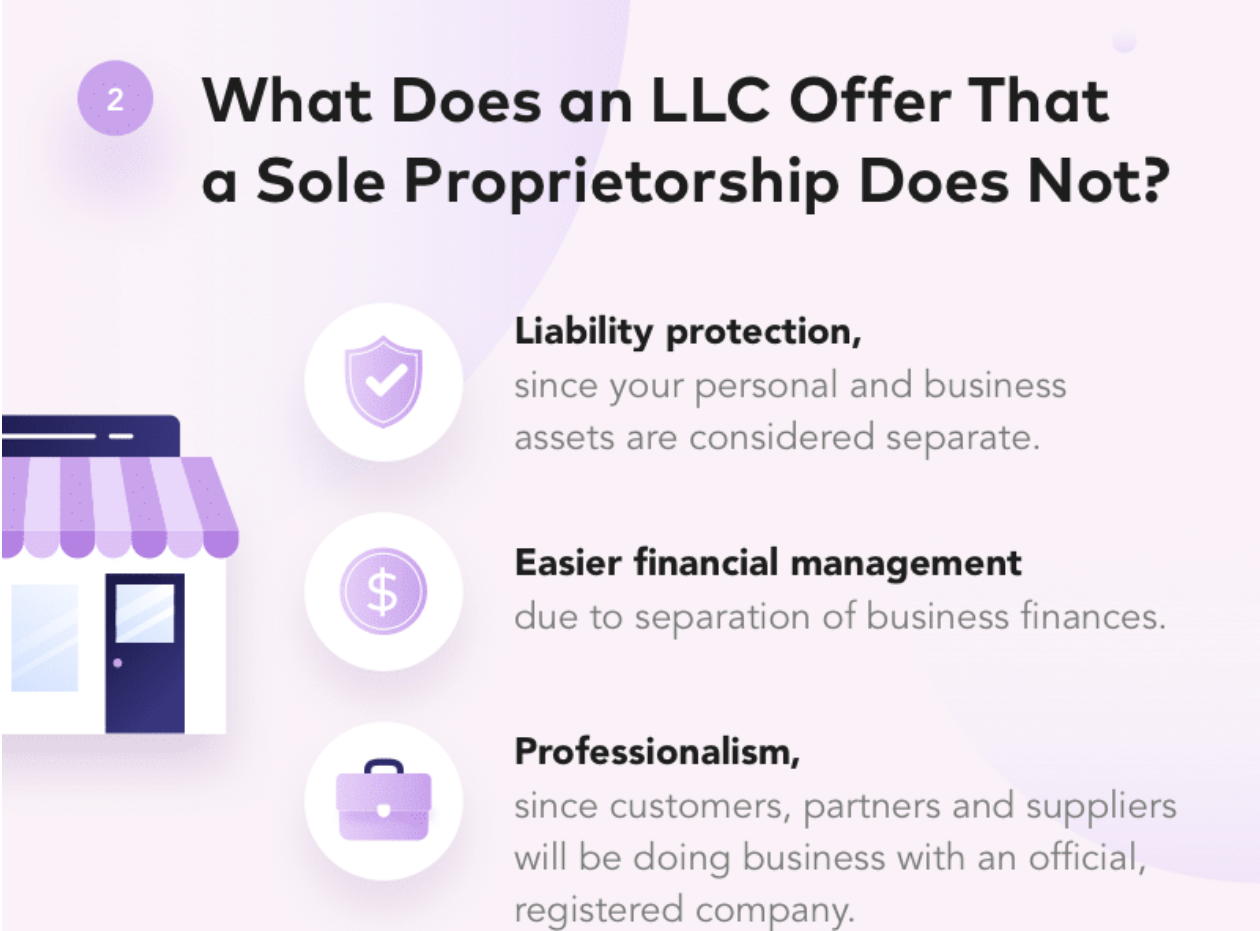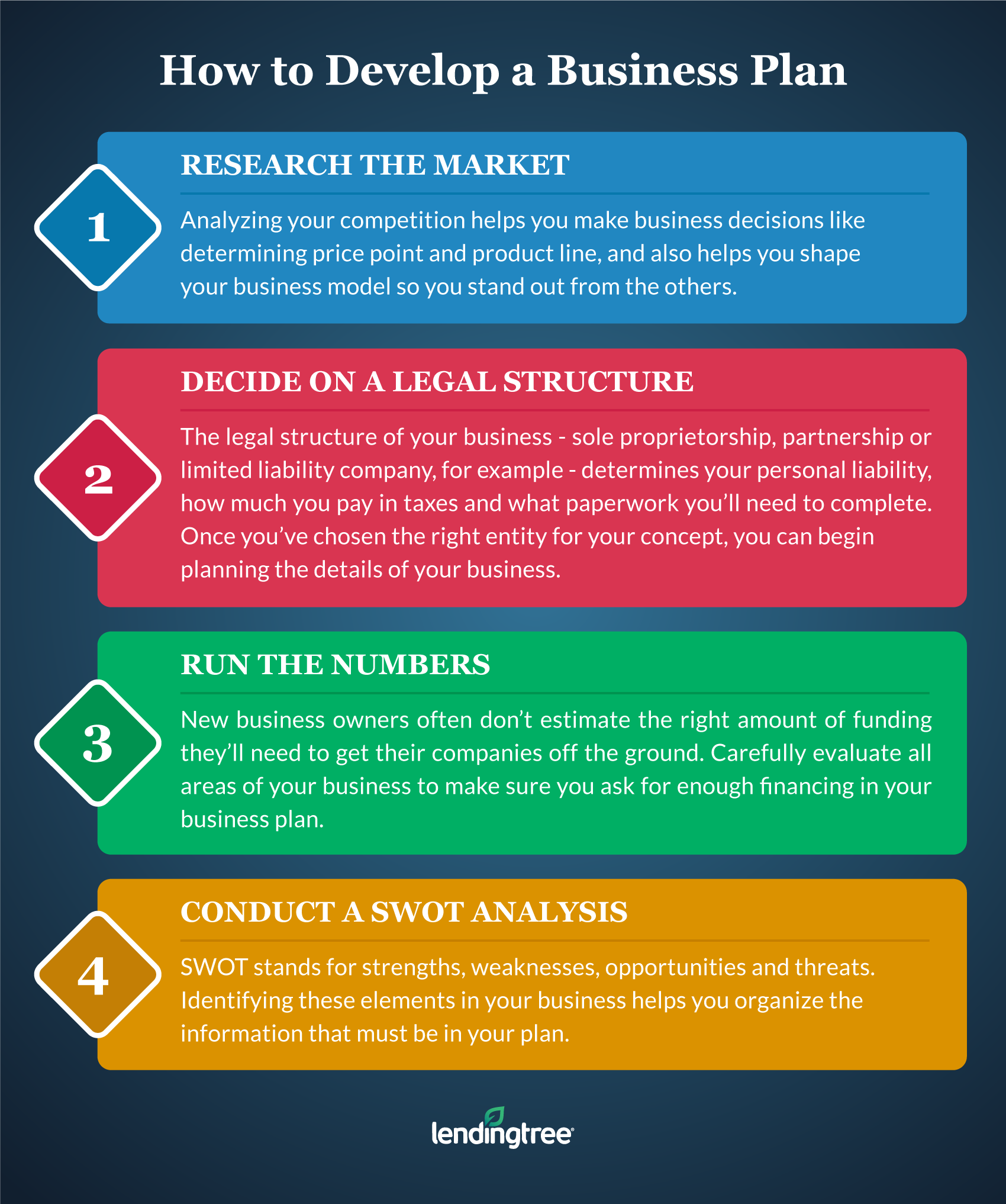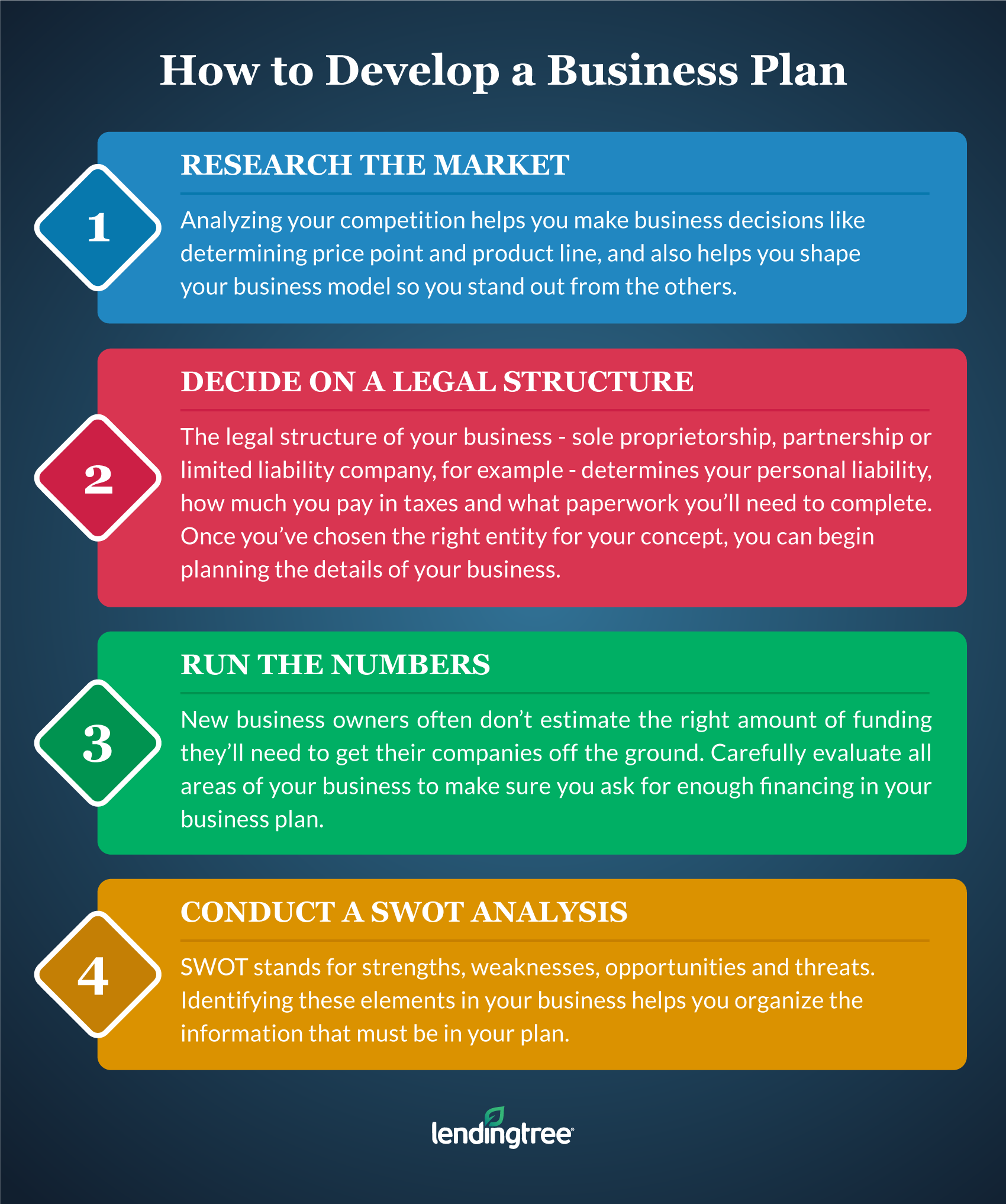
Unlocking Your Dream Home: A Beginner’s Guide to Real Estate Finance
The idea of owning a home or investing in property is exciting, but the financial side can often feel like a complex puzzle. Mortgages, interest rates, closing costs, equity – it’s enough to make anyone’s head spin! But fear not, future homeowner or savvy investor. Real estate finance, while intricate, is entirely understandable once you break it down.
This comprehensive guide will demystify the world of real estate finance, explaining key concepts in plain language. Whether you’re looking to buy your first home, refinance an existing one, or venture into property investment, understanding these financial fundamentals is your first crucial step towards making informed, confident decisions.
What Exactly Is Real Estate Finance?
At its core, Real Estate Finance is the study and practice of the financial aspects of real estate. It’s about how individuals and organizations acquire, manage, and distribute funds for buying, selling, developing, and investing in land and buildings.
Think of it this way: when you want to buy a house, you probably don’t have all the cash sitting in your bank account. Real estate finance is the system that allows you to borrow that money, understand the cost of borrowing it, and manage the financial journey of property ownership.
Why is it important to understand?
- Empowerment: You’ll make better decisions, saving money and avoiding costly mistakes.
- Clarity: The process becomes less intimidating and more manageable.
- Opportunity: You’ll recognize financial advantages and investment possibilities.
- Security: You’ll protect your financial future by understanding the risks and rewards.
The Cornerstone: Mortgages (Home Loans)
For most people, buying a property means getting a mortgage. A mortgage is simply a loan specifically for buying real estate, where the property itself serves as collateral. This means if you stop making payments, the lender can take possession of the property (foreclosure).
Key Mortgage Terms to Understand:
- Principal: This is the actual amount of money you borrowed to buy the home. It’s the core debt you need to pay back.
- Interest: This is the cost of borrowing the principal. It’s essentially the fee the lender charges you for letting you use their money. Interest rates are usually expressed as a percentage of the principal.
- Down Payment: This is the initial amount of money you pay upfront towards the purchase price of the home. It reduces the amount you need to borrow and often impacts your interest rate and loan options. Common down payments range from 3% to 20% or more.
- Loan Term: This is the length of time you have to pay back the loan, typically 15, 20, or 30 years. A shorter term means higher monthly payments but less interest paid over the life of the loan.
- Amortization: This refers to the process of gradually paying off a debt over time through a series of regular payments. Each mortgage payment you make consists of both principal and interest. Early in the loan term, a larger portion of your payment goes towards interest; later, more goes towards the principal.
- Escrow: This is an account managed by a third party (often your mortgage lender) that holds funds for property taxes and homeowner’s insurance. A portion of your monthly mortgage payment goes into this escrow account to ensure these expenses are paid on time.
Types of Mortgages: Which One Is Right for You?
Choosing the right mortgage type is crucial. Here are the most common options:
-
Conventional Loans:
- These are not insured or guaranteed by a government agency.
- They typically require a good credit score and a steady income.
- If your down payment is less than 20%, you’ll likely need to pay Private Mortgage Insurance (PMI), which protects the lender if you default.
-
Fixed-Rate Mortgages (FRM):
- The interest rate remains the same for the entire loan term (e.g., 30 years).
- Your principal and interest payment will be consistent, offering predictability and stability.
- Great for those who prefer consistent budgeting and don’t want to worry about rate fluctuations.
-
Adjustable-Rate Mortgages (ARM):
- The interest rate is fixed for an initial period (e.g., 3, 5, 7, or 10 years), and then it adjusts periodically based on a specific index.
- Initial rates are often lower than fixed rates, making them attractive for short-term homeownership or for those who expect interest rates to fall.
- Payments can go up or down after the fixed period, introducing some risk.
-
FHA Loans:
- Insured by the Federal Housing Administration (FHA).
- Designed to make homeownership more accessible, especially for first-time homebuyers.
- Allow for lower credit scores and down payments (as low as 3.5%).
- Require Mortgage Insurance Premium (MIP), both upfront and annually, for the life of the loan in most cases.
-
VA Loans:
- Guaranteed by the U.S. Department of Veterans Affairs (VA).
- Available to eligible service members, veterans, and surviving spouses.
- Offer significant benefits, including no down payment requirement and no private mortgage insurance.
- Often have competitive interest rates.
-
USDA Loans:
- Guaranteed by the U.S. Department of Agriculture.
- Aimed at promoting homeownership in rural and some suburban areas.
- Offer no down payment for eligible low- to moderate-income borrowers.
- Specific income and property location requirements apply.
Beyond the Mortgage: Other Financial Aspects of Homeownership
Buying a home involves more than just the mortgage payment. Understanding these additional costs and concepts will prevent unwelcome surprises.
1. Closing Costs
These are fees paid at the closing of a real estate transaction, on top of the purchase price. They can range from 2% to 5% (or more) of the loan amount.
Common Closing Costs Include:
- Loan Origination Fees: What the lender charges for processing your loan.
- Appraisal Fees: Cost for a professional appraisal to determine the home’s value.
- Title Insurance: Protects you and the lender from future claims against the property’s title.
- Attorney Fees: If required in your state.
- Recording Fees: Paid to the local government to record the new deed and mortgage.
- Prepaid Expenses: Such as initial deposits for your escrow account (property taxes, homeowner’s insurance).
2. Property Taxes and Homeowner’s Insurance
These are ongoing costs of homeownership that are often rolled into your monthly mortgage payment via your escrow account.
- Property Taxes: Levied by local governments (county, city) based on the assessed value of your home. These funds support local services like schools, roads, and emergency services.
- Homeowner’s Insurance: Protects your home and belongings from damage (fire, theft, natural disasters) and provides liability coverage. Lenders require it to protect their investment.
3. Building Equity
Equity is one of the most exciting financial benefits of homeownership. It’s the portion of your property that you truly own, free and clear of any debt.
How Equity Grows:
- Paying Down Your Mortgage: As you make principal payments, your outstanding loan balance decreases, and your equity increases.
- Property Value Appreciation: If the market value of your home increases over time, your equity also grows.
- Home Improvements: Investments in renovations can increase your home’s value, thereby increasing your equity.
Equity can be a powerful financial tool. You can borrow against it (e.g., through a Home Equity Line of Credit or HELOC) for other financial needs, or it can be a significant source of wealth when you sell your home.
4. Refinancing Your Mortgage
Refinancing means replacing your existing mortgage with a new one. People typically refinance for several reasons:
- Lower Interest Rate: If market rates have dropped, refinancing can reduce your monthly payments and the total interest paid over the loan’s life.
- Change Loan Term: You might want to shorten your term (e.g., from 30 to 15 years) to pay off the loan faster, or lengthen it to reduce monthly payments.
- Cash-Out Refinance: You borrow more than your current mortgage balance, taking the difference in cash. This taps into your home equity for other uses, like home renovations or debt consolidation.
- Change Loan Type: Switching from an ARM to a fixed-rate mortgage for stability, or vice versa.
Refinancing involves new closing costs, so it’s essential to calculate if the savings outweigh these upfront expenses.
Financing Investment Properties
While the core principles of real estate finance apply, financing an investment property has some distinct differences from financing a primary residence:
- Higher Down Payments: Lenders typically require larger down payments (20-30% or more) for investment properties due to higher perceived risk.
- Higher Interest Rates: Interest rates on investment property loans are generally higher than owner-occupied loans.
- Stricter Underwriting: Lenders will scrutinize your financial stability more closely, often requiring significant cash reserves.
- Focus on Cash Flow & ROI: For investors, the financial analysis shifts to potential rental income (cash flow), operating expenses, and the overall Return on Investment (ROI).
- Commercial Loans: For larger multi-family properties or commercial buildings, you’ll enter the realm of commercial real estate finance, which involves different loan products and terms.
Key Players in Real Estate Finance
You won’t navigate this journey alone. Several professionals play crucial roles:
- Mortgage Lenders (Banks & Credit Unions): The institutions that actually provide the money for your loan.
- Mortgage Brokers: Intermediaries who work with multiple lenders to help you find the best loan product and rate for your situation. They don’t lend money themselves.
- Loan Officers: Representatives of mortgage lenders or brokers who guide you through the application process and explain loan options.
- Appraisers: Licensed professionals who provide an objective estimate of a property’s value, required by lenders to ensure the property is worth the loan amount.
- Underwriters: Professionals at the lending institution who review your financial documents and loan application to assess risk and determine if you qualify for the loan.
- Title Companies: Ensure the property’s title is clear of liens or disputes and handle the closing process.
Tips for Navigating Real Estate Finance as a Beginner
- Check Your Credit Score: Your credit score significantly impacts your loan eligibility and interest rate. Get a free copy of your credit report and work to improve any issues.
- Save for a Down Payment & Closing Costs: The more you save, the better your options will be, and the less you’ll have to borrow.
- Create a Realistic Budget: Understand your income, expenses, and what you can comfortably afford for a monthly mortgage payment, including taxes and insurance.
- Get Pre-Approved for a Mortgage: This is a preliminary assessment by a lender of how much you can borrow. It shows sellers you’re a serious buyer and helps you narrow down your home search.
- Shop Around for Lenders: Don’t just go with the first offer. Compare rates, fees, and terms from multiple lenders or work with a mortgage broker.
- Don’t Be Afraid to Ask Questions: This is a complex process. Your loan officer, real estate agent, and other professionals are there to help. If you don’t understand something, ask until you do.
- Build an Emergency Fund: Unexpected home repairs or job loss can impact your ability to make payments. A robust emergency fund provides a financial safety net.
Common Questions About Real Estate Finance (FAQ)
Q: How much house can I afford?
A: Lenders often use the "28/36 rule" (or similar guidelines), meaning your housing costs (mortgage, taxes, insurance) shouldn’t exceed 28% of your gross monthly income, and your total debt payments (housing plus other debts) shouldn’t exceed 36%. However, your personal budget might dictate a lower comfortable payment.
Q: What’s the ideal down payment?
A: While 20% down helps you avoid PMI on conventional loans, it’s not always necessary. FHA, VA, and USDA loans allow for much lower or even no down payments. The "ideal" amount depends on your financial situation, goals, and the type of loan you qualify for.
Q: Is it better to pay off my mortgage faster or invest the extra money?
A: This is a classic financial debate!
- Paying off faster: Offers guaranteed return (saving on interest), peace of mind, and debt freedom.
- Investing: Potential for higher returns than your mortgage interest rate, but also comes with market risk.
The best choice depends on your risk tolerance, current interest rates, and other financial goals.
Q: What is a mortgage interest rate lock?
A: An interest rate lock (or rate lock-in) is a guarantee from a lender that they will honor a specific interest rate for a set period of time (e.g., 30, 45, or 60 days) while your loan is being processed. This protects you if market rates rise before your closing.
Q: What are points in a mortgage?
A: "Points" or "discount points" are fees you pay to the lender at closing in exchange for a lower interest rate on your loan. One point typically equals 1% of the loan amount. Paying points can reduce your monthly payment, but it means higher upfront costs. You need to calculate if the long-term savings outweigh the initial expense.
Conclusion: Your Journey Begins with Knowledge
Real estate finance might seem daunting at first, but it’s a field built on logical principles. By understanding the core concepts – from the basics of mortgages and interest to the nuances of closing costs and equity – you equip yourself with the knowledge to make smart, strategic financial decisions.
Don’t let the jargon deter you. Take your time, ask questions, and lean on the expertise of professionals. Your dream of homeownership or property investment is well within reach, and a solid grasp of real estate finance is your key to unlocking it.




Post Comment